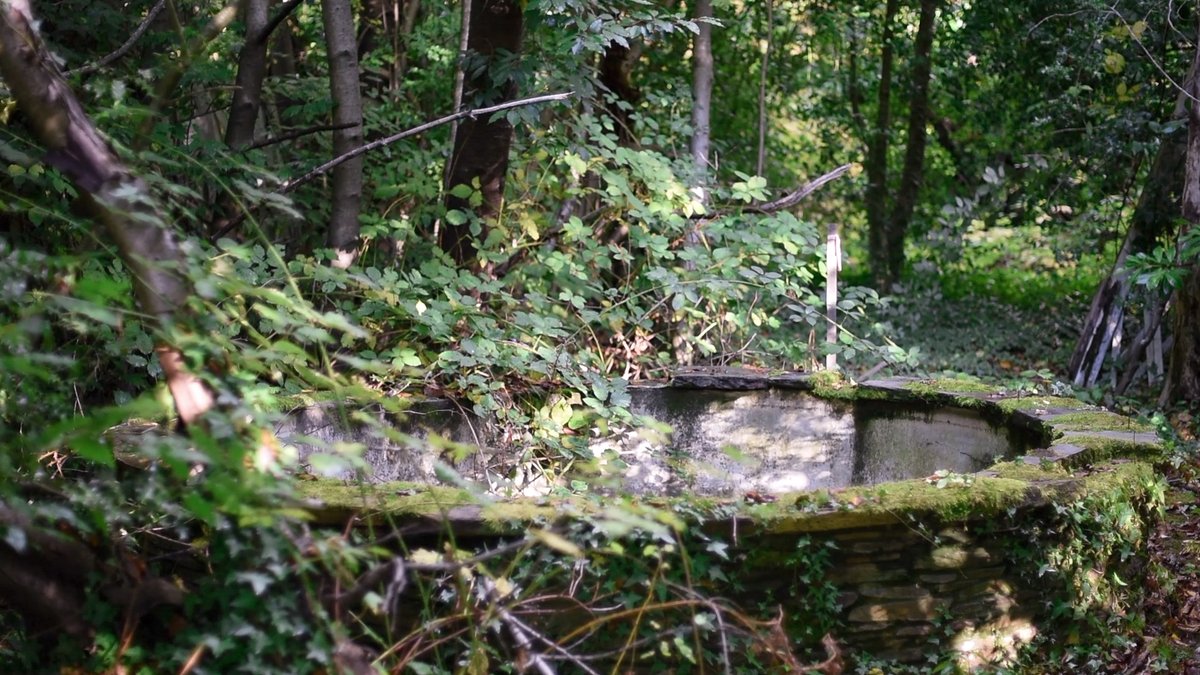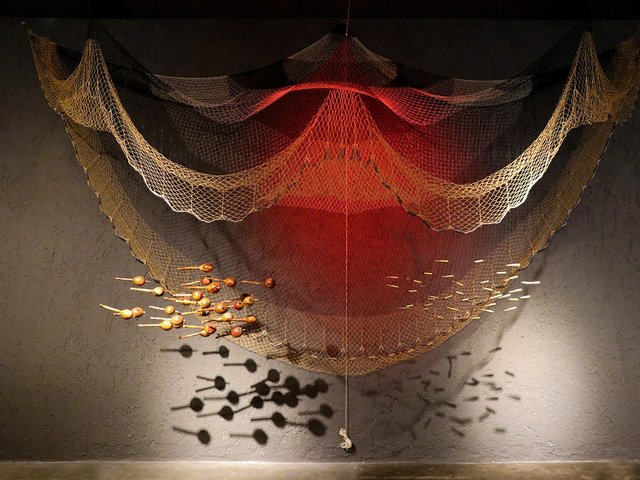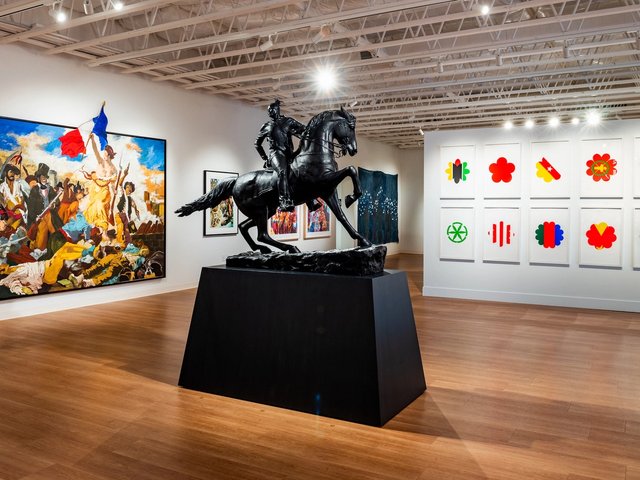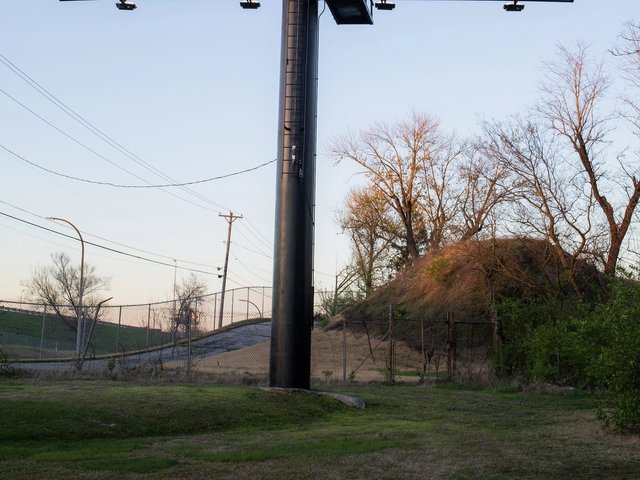The yəhaw̓ Indigenous Creatives Collective, a queer and woman-led Indigenous art non-profit based in Seattle, has purchased a 1.5 acre plot of land nestled amid the urban bustle of the city’s south side near Rainier Beach.
The $1.9m property acquisition, facilitated by funding from Seattle’s equity-minded Strategic Investment Fund, will provide a permanent site for Indigenous art and cultural programming including festivals, canoe-carving and ancestral agricultural activity. Co-founders Tracy Rector (Seminole/Choctaw), Asia Tail (a member of Oklahoma’s Cherokee Nation) and Satpreet Kahlon aim to build an Indigenous-designed community centre and studio complex on the property in the near future.
yəhaw̓ was established in 2017 as a curatorial pop-up project, eventually garnering broader attention in 2019 with an exhibition at the Seattle Office of Arts & Culture featuring more than 200 Indigenous artists. The group has since organised shows, events and workshops across the Pacific Northwest and online.
The collective interest in creating a centralised space found new urgency during the pandemic, when isolation was exacerbating mental health issues for many. “Especially in the uncertainty of the pandemic, these moments where people were really reassessing what they needed and wanted and what was necessary for their own health and well-being, this idea of land and a place to really set down roots locally became more and more important,” Tail told Crosscut.
The collective hopes to challenge salient notions of “white box” value in the art world and beyond by offering an explicitly Indigenous-oriented perspective. The yəhaw̓ collective’s holistic approach blends creative expression, community engagement and ecological consciousness. “We want to create a welcoming community hub where interdisciplinary Indigenous creatives can connect with each other, and the earth,” Tail tells The Art Newspaper. “We see ourselves as a small seed in the broader land rematriation movement, and as part of a long legacy of Indigenous organising carried out by generations before us.”
Despite increased cultural acknowledgement of the Land Back movement, Indigenous people in the United States have had nearly 99% of their ancestral lands taken over the past five centuries. In 2020, the staff and board of the Yale Union contemporary art centre in East Portland, Oregon transferred ownership of its building to the Native Arts and Cultures Foundation, which transformed the historic space into the Center for Native Arts and Cultures, a rare example of the Land Back movement playing out in the art world.
In Seattle, only 6% of the city’s cultural space serve communities of colour, a demographic grouping that comprises nearly 30% of the city's population. The yəhaw̓ collective seeks to address urban Indigenous needs by reclaiming this small slice of Seattle. “How far outside the white box can you go?", asks Kahlon. "You don’t actually have to go that far. You just have to go outside.”






